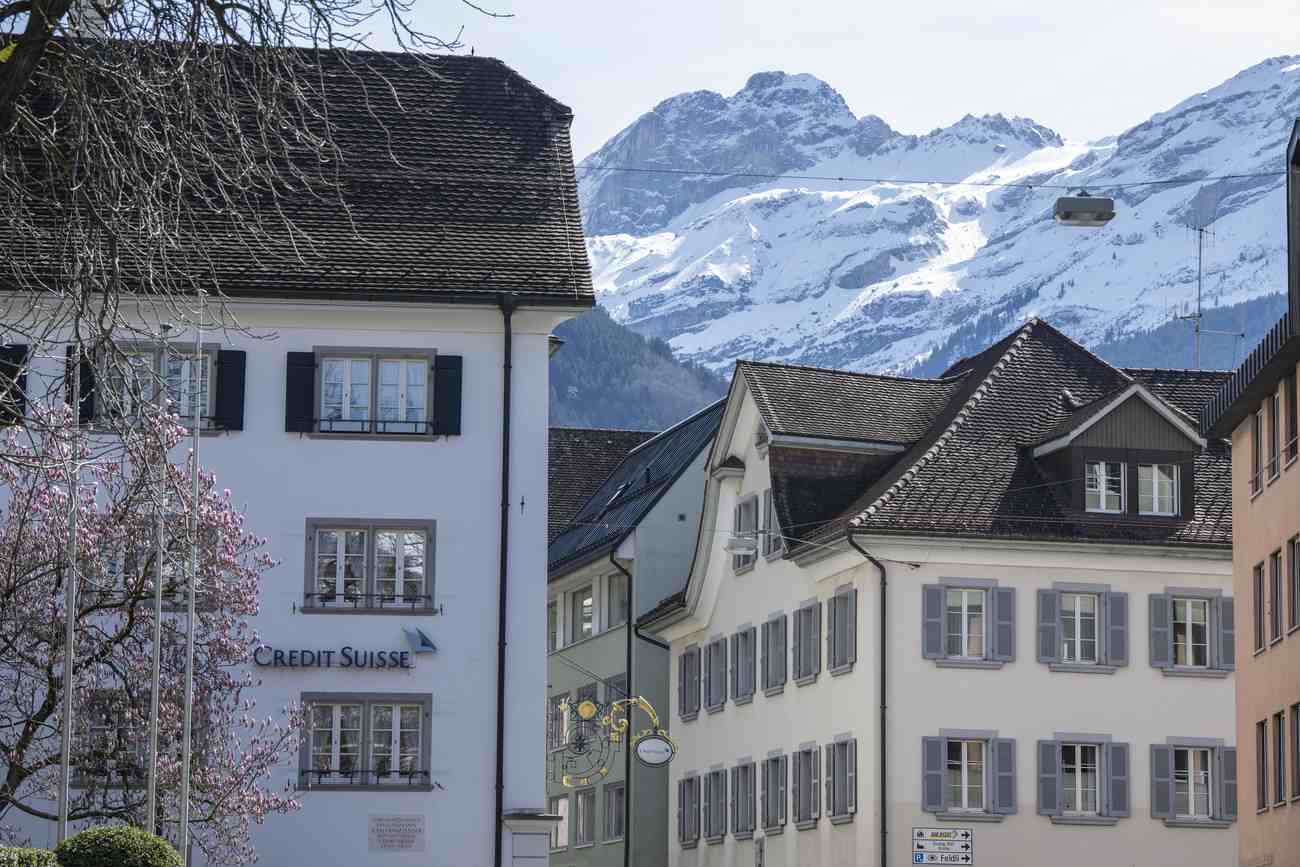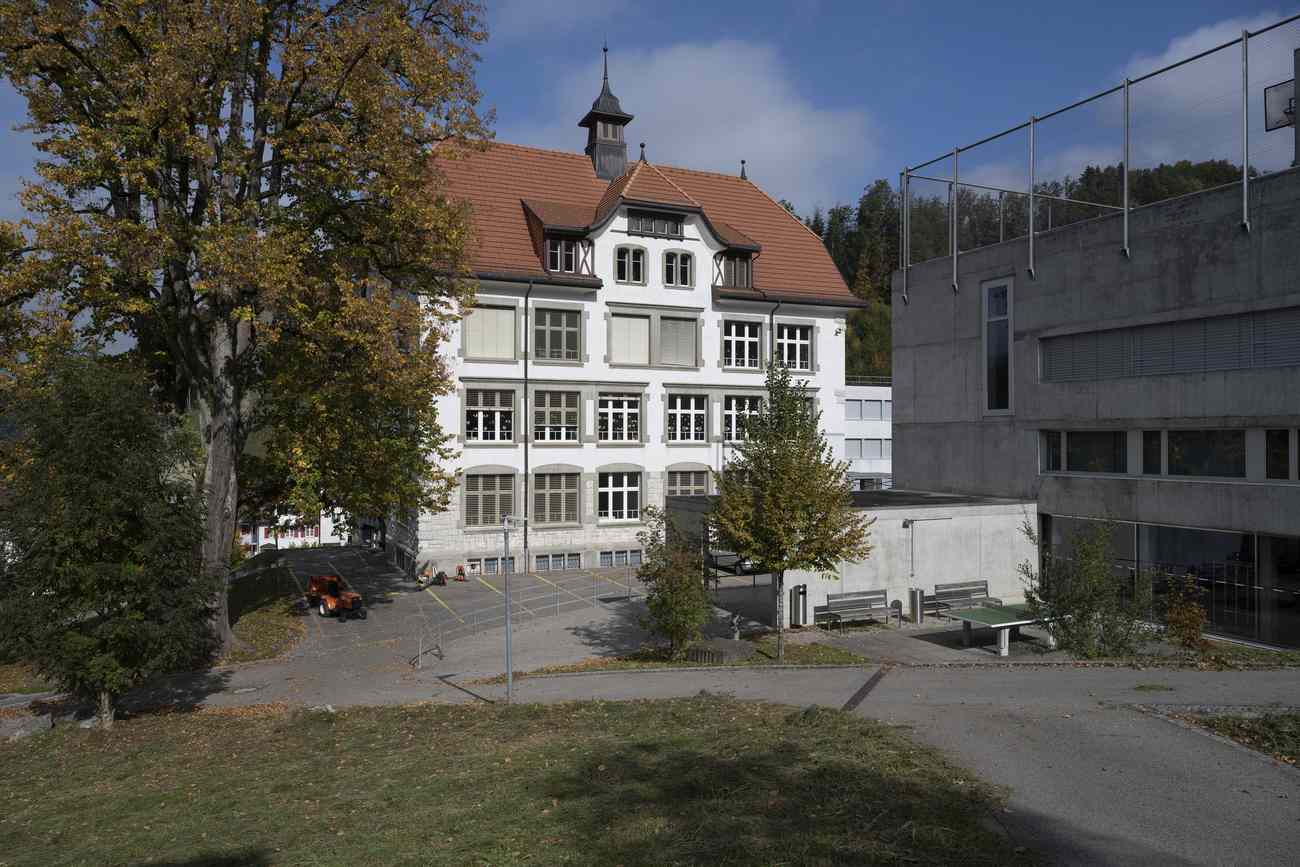Related Stories
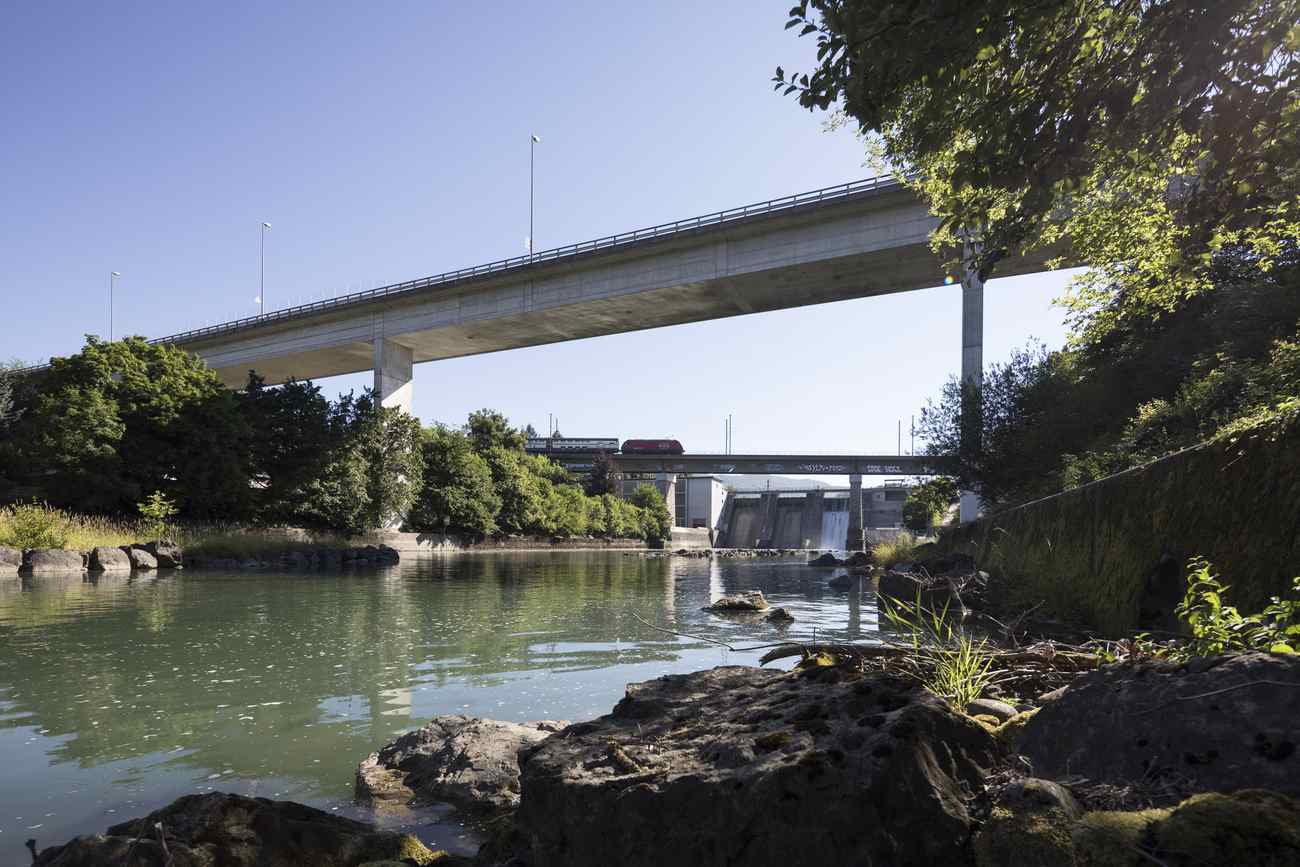
9 May 2024
Limmat River tragedy: intensive search fails to locate 27-year-old man after eyewitnesses report a fall into the river...

10 May 2024
A former Credit Suisse shareholder's €56 million claim over merger compensations dismissed by Zurich District Court....
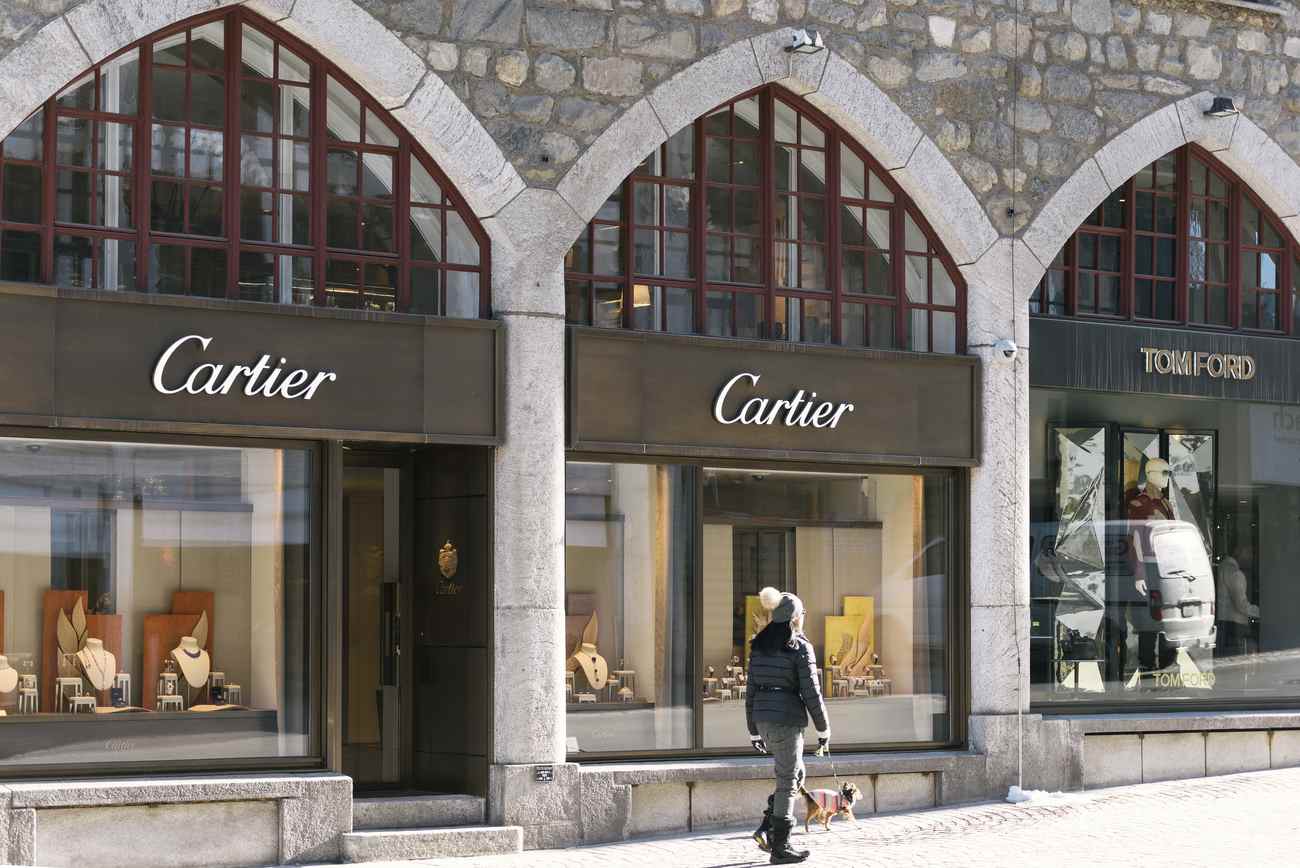
8 May 2024
In a year where luxury watches have mostly seen a decline, Cartier stands out with a 2.4% increase in value on the...
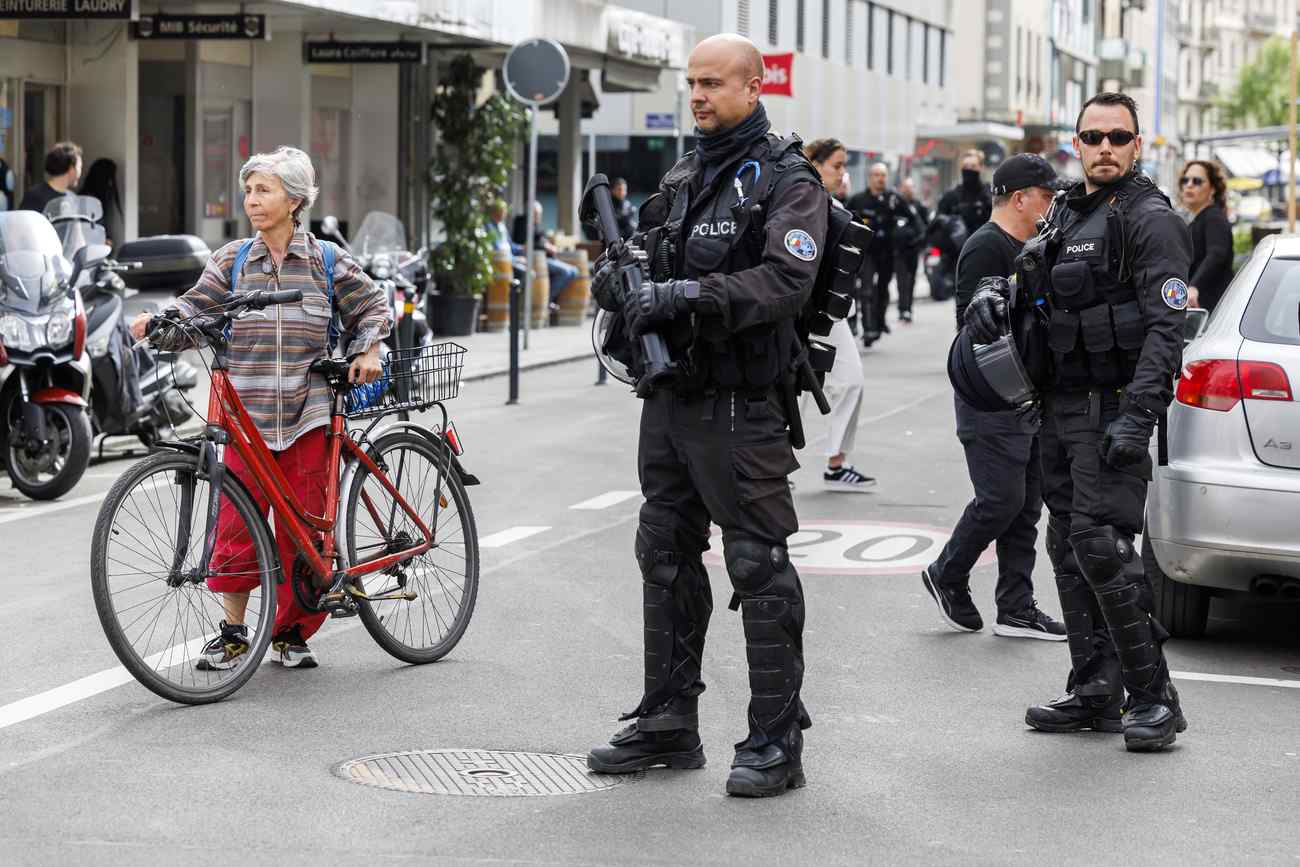
6 May 2024
Unrest at Bern's Schützenmatte results in serious accusations by the regional police chief against rioters. ...
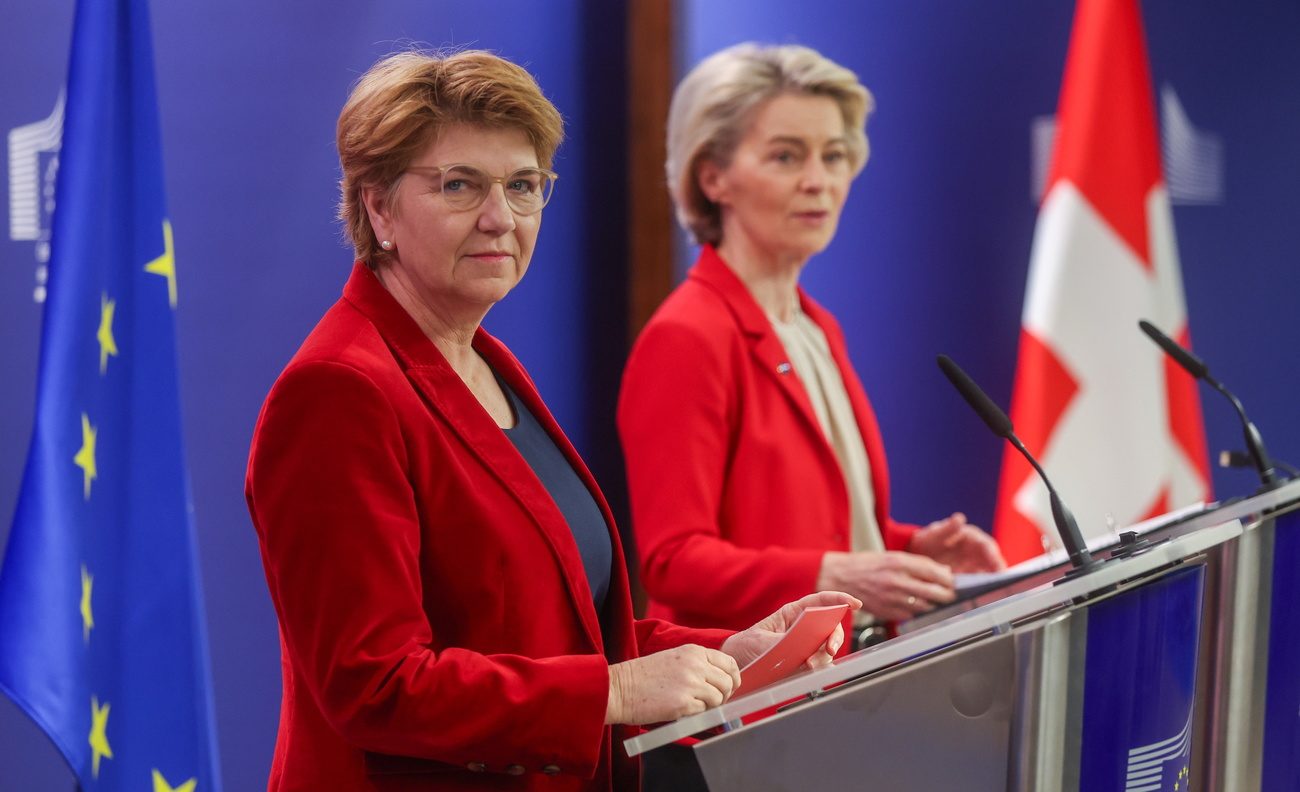
6 May 2024
Switzerland enhances cooperation with the EU, committing to regular cohesion payments....
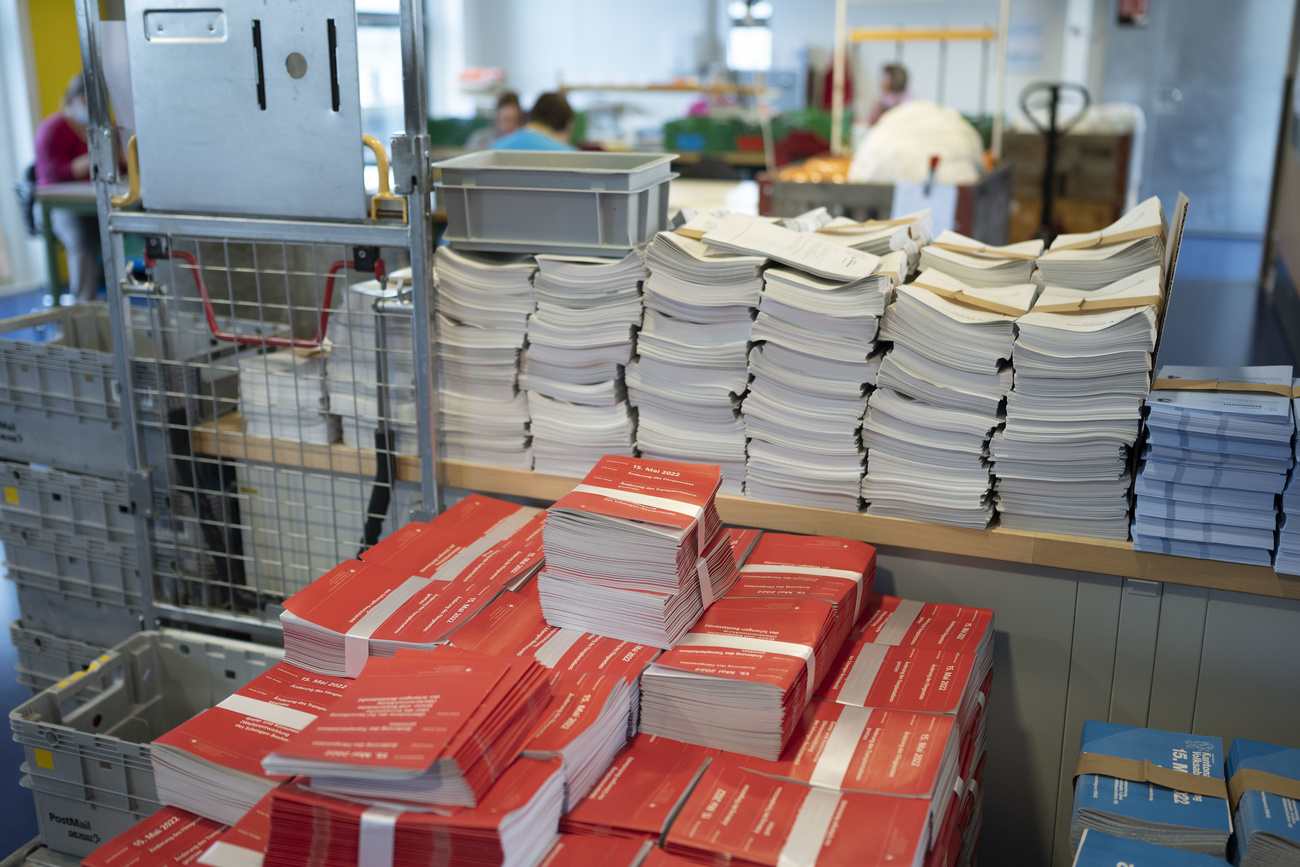
9 May 2024
Reports of electoral misconduct in Ascona and Arbedo-Castione emerge, with complaints filed to the Federal Supreme...

6 May 2024
The Northern Lights over Säntis, Switzerland—spectacular colors captured at 01:50, a rare phenomenon for the region,...

